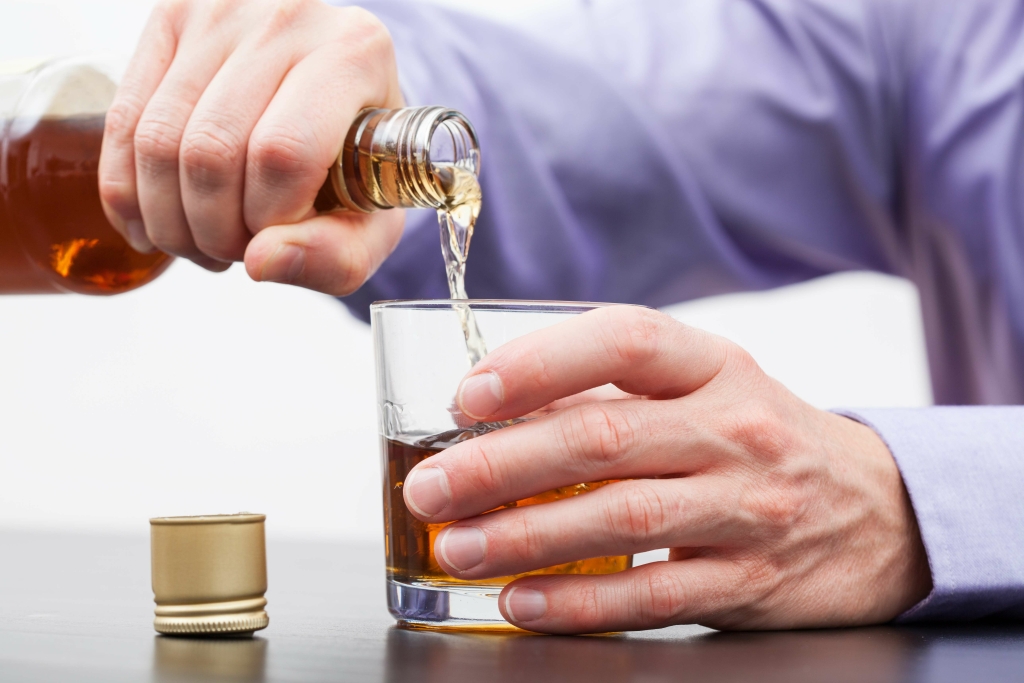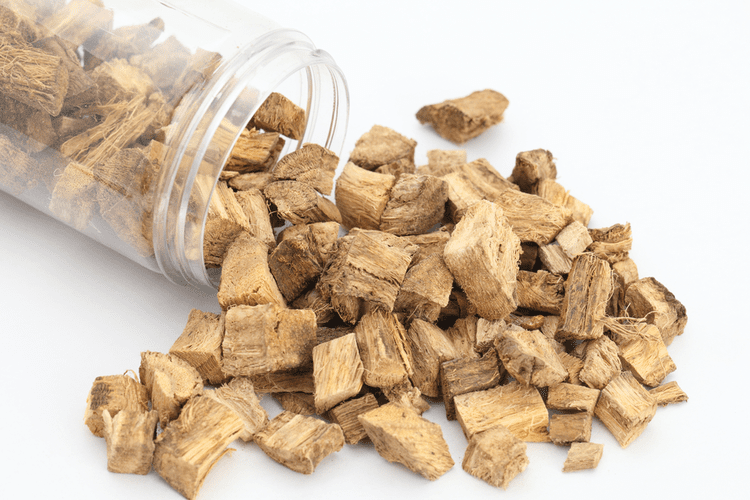Anyone who experiences severe symptoms, such as constant bleeding, intense pain, or dizziness, should seek emergency care. Alcohol can also affect the action of platelets, which are the components of the blood that form clots. A 2016 review suggests that significant daily alcohol consumption increases the activity of platelets. About 30 grams of alcohol — equating to two standard drinks — can lower fibrinogen levels, which can affect blood clotting. This article explains the safety and effects of drinking alcohol while using blood thinners.
Impact on Medication Effectiveness
A common question many people ask is can Xarelto and alcohol be used together? Have you just picked up your Eliquis medication from the drug store? People who https://www.homereonflint.com/tag/repair said they drink a lot of liquor also tended to binge drink, which counteracts any helpful effects you might get from alcohol in moderation.
- Drinking alcohol can sometimes be a touchy issue between patients and doctors.
- This makes it hard to predict exactly what will happen, but it increases the risk of either bleeding or clot-related problems.
- People who said they drink a lot of liquor also tended to binge drink, which counteracts any helpful effects you might get from alcohol in moderation.
- The benefit of taking blood-thinning medications must always be weighed against their risk of serious bleeding.
Side effects of mixing alcohol and blood thinners

In addition, about one-third of all hospital patients receive some form of anticoagulant medication. The Centers for Disease Control and Prevention (CDC) reports that the health benefits could be related to genetics and not to alcohol consumption at all. Just like the Dietary Guidelines, AHA and the CDC do not recommend alcohol consumption for individuals who do not already drink.
- But it’s important to learn about both before you start taking them.
- The lifesaving benefits of these drugs often outweigh the potential dangers.
prescription drugs you should not drink alcohol with
Blood thinners, also known as anticoagulants, work by inhibiting the clotting process in the blood. Alcohol, on the other hand, can further impair the body’s ability to form blood clots. This combination can potentially lead to excessive bleeding, even from minor cuts or injuries. Blood thinners are medicines that help keep you from forming blood clots as easily, which keeps your blood flowing smoothly through your veins and arteries. This can help reduce your risk of having a heart attack or stroke if you’re at risk.

Short-term effects happen to occur during or directly after consuming alcohol, and long-term effects are driven by excessive use over an extended period of time. Then, instead of helping, the clots become harmful because they keep blood from flowing through your veins and arteries as it should. And that can lead to some serious stuff, like stroke, heart attack or pulmonary embolism. The effects of aspirin are increased by alcohol, making it more likely for the effects to reach a toxic level.

Aspirin can also increase the risk of https://ucrazy.org/interesting/1207219938-interesno_znattravka.html internal bleeding when taken with alcohol. Alcohol use should be limited while taking aspirin, particularly in the two hours before or after using it. Much like Pradaxa, alcohol also increases the effects of Arixtra.
Warfarin and Alcohol

They will consider the state of your health and the medications you take. They may be able to advise you on how often and how much alcohol you can consume safely. Blood clots are a natural part of the body’s response to injury mediated by platelets and clotting factors (fibrinogen, thrombin) in the blood. They halt bleeding by forming a plug at the vascular damage site. However, people should not consume alcohol http://www.cinemahome.ru/film.aspx?id=1342&pagepart=1 instead of taking medications as a healthcare professional has prescribed. Additionally, a person should discuss whether they are able to consume alcohol while taking blood thinners, as alcohol may interact with some medications and lead to side effects.
